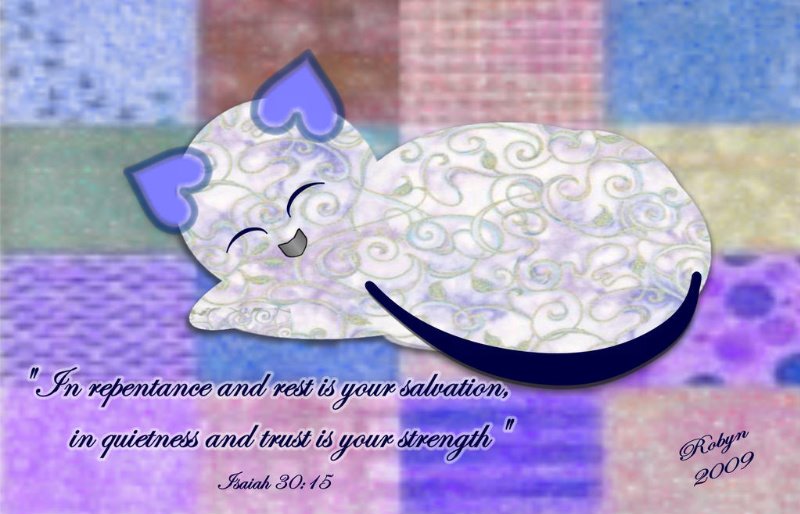 The Guernsey Literary and Potato Peel Pie Society
The Guernsey Literary and Potato Peel Pie Society by
Mary Ann Shaffer
My rating:
5 of 5 starsIt's January of 1946. World War 2 is over, but young Juliet Ashton, like all Londoners, is attempting to emerge from the ruins and begin life anew.
As she searches for a topic for her next book, she receives a letter from a stranger, Dawsey Adams, living on the British Isle of Guernsey, requesting that she find and order a particular book for him
Guernsey had been occupied by the Germans and, unable to get any supplies, the people had, in desperation, burned the books in the town bookshop as fuel to keep from freezing to death. Dawsey made mention of their literary society, which sparked a correspondence between him and Juliet, in which he attempted to satisfy her curiosity about the a paradoxical existence of such an organization on a book poor island.
Juliet, entranced by the poignant and humorous tales of the occupied islanders, decides to write their story, so she leaves the rubbles of London behind and relocates to Guernsey. There, she embraces the griefs, grit and gifts of the eclectic, indomitable people who will change her life forever.
Once I remembered to carefully note the writer and receiver of each letter or telegram, I was able to immerse myself in the story.
As Juliet is the primary protagonist and the most frequent writer and receiver of the messages, I slipped into her chair, sipped her tea and reveled in the struggles, mysteries, and triumphs of Guernsey from behind her eyes. Like Juliet, I fell in love .
Whenever Juliet was not privy to the facts, I became a nosy postmistress, steaming envelopes open and entertaining myself with the secrets and drama of Guernsey's citizens, then innocently resealing them. What fun, as the reader, to know the thoughts, desires and intentions of each character, while each character knows only that which or she has personally observed or had confided in them.
How I wish I could be a member of the Guernsey Literary and Potato Peel Pie Society. Even Potato Peel Pie might be digestible among such a hardy, supportive group of survivors.





